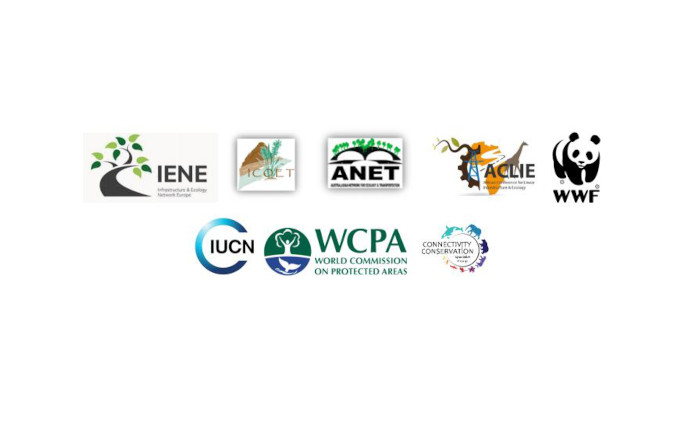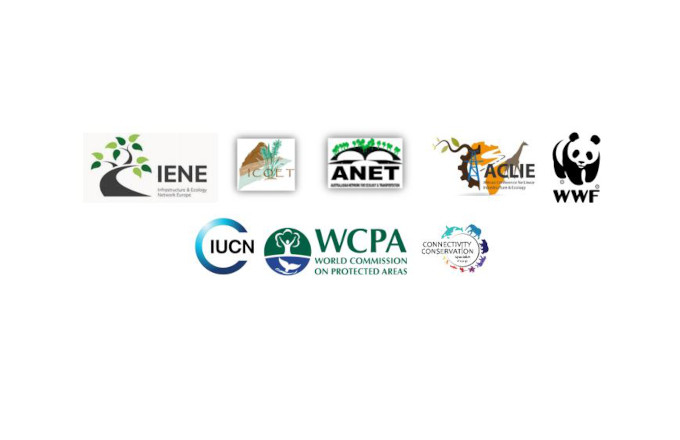
Press release – April 2021
Roads, railways, power-lines and other linear infrastructures are major threats to biodiversity globally. Yet they are also essential to meet the demands of growing populations. Urgent decisions and targeted actions are needed to ensure that the current very rapid increase in linear infrastructure — particularly in the world’s most biodiverse regions where some of the fastest growth is occurring — does not damage the natural environment irriversably.
Since 2015, a growing number of professionals and organisations, from all over the world have joined forces in order to create International Guidance for Ecologically Friendly Linear Infrastructure (IGELI). As a flexible coalition, and comprising the four Transport Linear Infrastructure (TLI) continental conferences (ACLIE, ANET, ICOET, IENE) as well as international organisations (IUCN, WWF), IGELI aims to ensure that the TLI built today are safe for both humans and wildlife, and are ecologically sustainable. With this in mind, the mainstreaming of biodiversity in TLI sectors, has been introduced as part of the Convention for Biological Diversity framework (CBD) and the achievement of Aichi Global targets in CBD 2018 COP 14 in Egypt, resulting in the development of the “Global Strategy for Ecologically Sustainable Transport and other Linear Infrastructure”. The “Global Strategy” was completed by an international working group comprising six continents, 29 authors, including 18 authors in Europe, 4 authors in Africa, 2 authors in Asia, 1 author in Australia, 3 authors in North America and 1 author in South America.
The “Global Strategy” aims to support the CBD 2020 COP 15 in China, through the development of an international roadmap which primarily sets up the objectives and principles for governments and organizations for mainstreaming biodiversity and ecological connectivity on transport infrastructure development. Additionally, it addresses the overall framework of stakeholders who must be engaged as key players in:
- launching proactive policies,
- establishing appropriate legal frameworks,
- supporting better planning,
- promoting multi-sector cooperation, and
- encouraging innovative science-based solutions.

